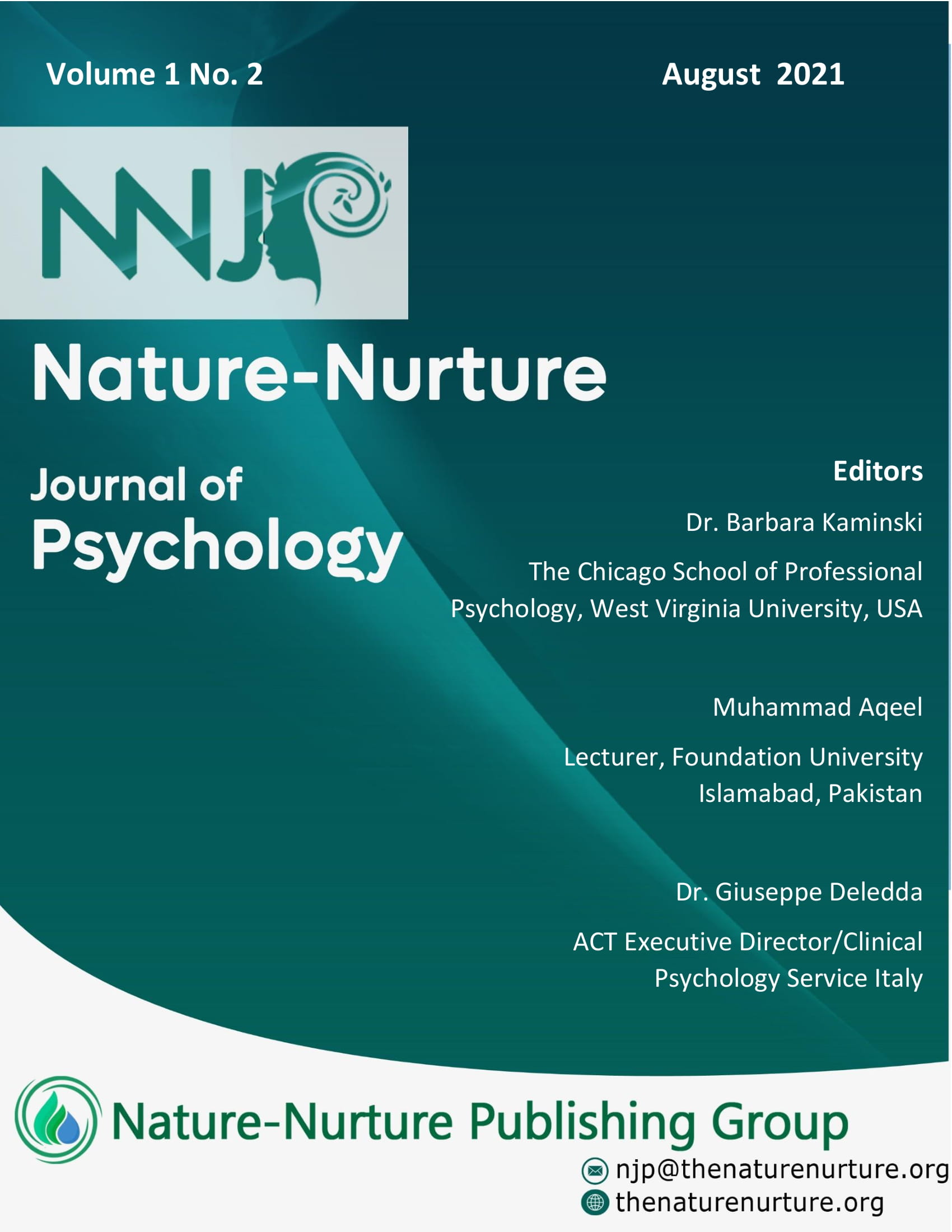Abstract
Background: School truancy is remain an unresolved and a major persistent problem in high schools for public health globally for last many years. Commonly, school truancy is considered one of the most important as a risk factor for parenting styles and social adjustment that leads to other negative outcomes for school-going students. The association between social adjustment and parenting styles in school student is well known. However, there is a lack of researches on this unique topic as well as the interaction among school truancy, social adjustment, and parenting styles. This present study examined the association between social adjustment and parenting styles in punctual, truant, and high achieving school going students.
Methods: A purposive sampling technique and cross-sectional research design were used to carry out this research. One hundred fifty three participants (truant students, n =51; punctual students , n= 51; high achieving students , n= 51), with age ranged from 12 to 18 (M = 16.82, SD = 1.01) years were enrolled from public schools of Rawalpindi and Islamabad, Pakistan.
Results: This study’s results demonstrated that there was found statistically positive or negative association between social adjustment and parenting styles in punctual, truant, and high achieving school going students . Additionally, this study illustrated that truancy’s types moderated on the association between subscales of social adjustment and parenting styles.
Conclusions: This present study’s results suggested that complex moderating interaction between truancy’s types and parenting styles can be enhanced to sustain and promote social adjustment issues in school-going students. Prospectively, permissive and authoritarian parenting styles with truancy’s types significantly positively predicts the social adjustment issue in Pakistan’s school students. Further, this current research clearly illustrated the need of early screening for comprehending and recognizing nature of parenting styles and social adjustment problems for management and treatment of the emerging issues in Pakistan schools.

This work is licensed under a Creative Commons Attribution 4.0 International License.

